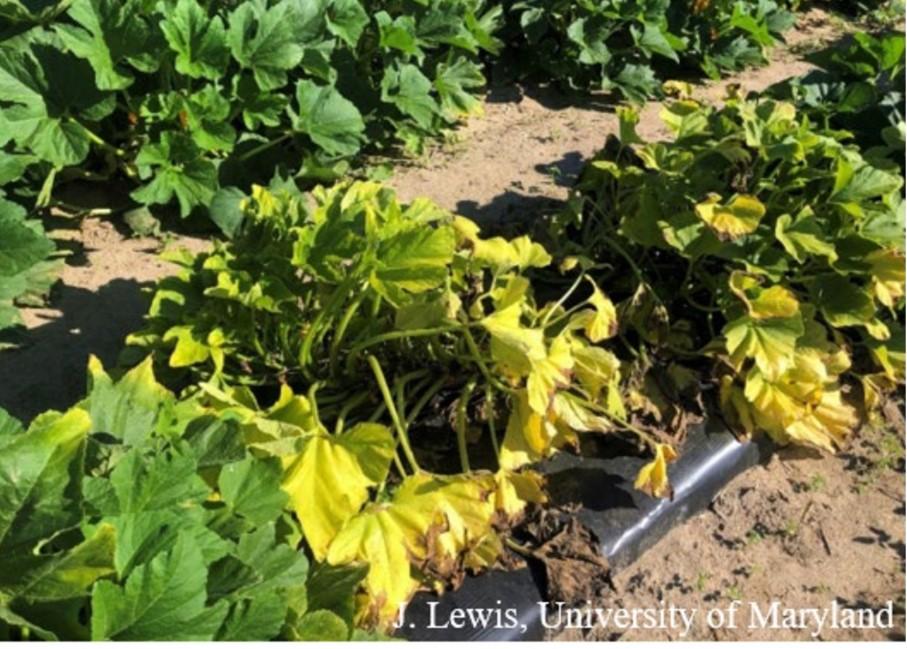Updated: July 23, 2024
An Overview of Drones in Agriculture (FS-2024-0705)
Drones, or UAVs, require a mix of hardware and software to operate and are controlled by ground stations. They offer numerous benefits in agriculture, such as precise crop monitoring, efficient resource management, and data collection. Challenges include high costs, certification requirements, and data interpretation. Key applications include crop scouting, spraying, seeding, yield estimation, and disease assessment. Despite challenges, ongoing research aims to maximize benefits and minimize limitations, promising a significant impact on agriculture. Authors: Hemendra Kumar and Ananth Sriram; Title: An Overview of Drones in Agriculture (FS-2024-0705).
Updated: February 21, 2024
Mid-Atlantic Commercial Vegetable Production Recommendations (EB-236)
The recommendations are intended for the commercial vegetable grower who has to make numerous managerial decisions. Although the proper choices of variety, pesticides, equipment, irrigation, fertilizer, and cultural practices are the individual vegetable grower’s responsibility, it is intended that these recommendations will facilitate decision-making. Recommended planting dates will vary across the six-state region. Local weather conditions, grower experience, and variety may facilitate successful harvest on crops planted outside the planting dates listed in this guide. This can be evaluated in consultation with the local agents and state specialists. Government agencies and other organizations administrating crop insurance programs or other support programs should contact local Extension agents and/or vegetable specialists for guidance. EB-236

